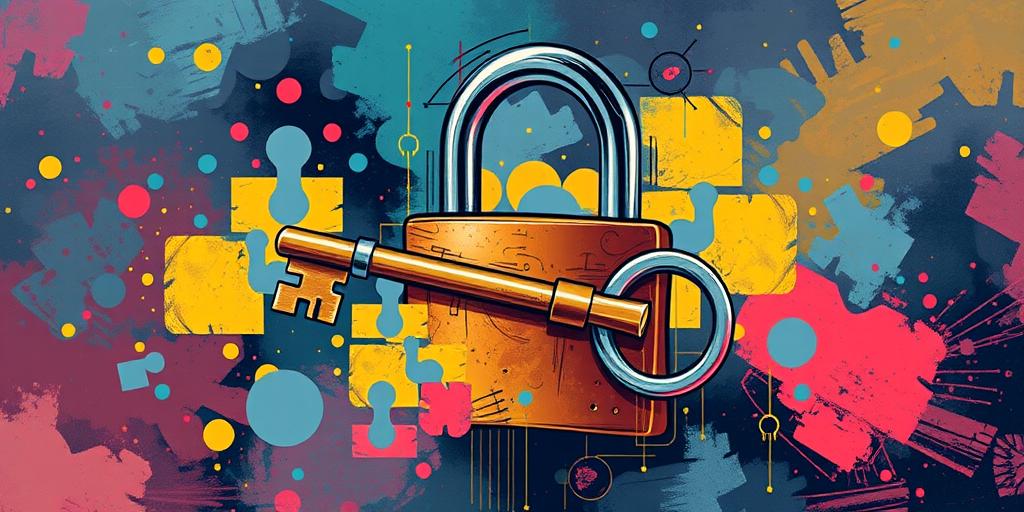In today’s digital world, our online lives are more interconnected than ever before. From banking and shopping to social media and email, we rely heavily on online accounts to manage our personal and professional lives. This reliance, however, comes with the responsibility of protecting our online identities, and password security plays a crucial role in this endeavor.
The Importance of Strong Passwords
Strong passwords are the first line of defense against unauthorized access to our online accounts. They act as a barrier, preventing hackers and cybercriminals from gaining access to our sensitive information, such as financial details, personal data, and private messages.
The Risks of Weak Passwords
Using weak passwords exposes us to a multitude of risks. Hackers can easily guess or crack weak passwords, leading to account takeover, identity theft, financial losses, and damage to our online reputation.
Understanding Password Strength
A strong password is not simply a random string of characters. It’s a combination of factors that make it difficult for hackers to guess or crack.
Length and Complexity
The longer and more complex your password, the harder it is to guess. Aim for a password that’s at least 12 characters long, and ideally longer.
Character Types
A strong password includes a mix of uppercase and lowercase letters, numbers, and symbols. For example, “P@$$wOrd123” is stronger than “password123” because it incorporates a variety of characters.
Avoiding Common Patterns
Avoid using common patterns like consecutive numbers or keyboard sequences. Hackers often use these patterns to guess passwords, so it’s essential to avoid them.
Best Practices for Creating Strong Passwords
By following these best practices, you can significantly improve the security of your online accounts.
Use a Password Manager
A password manager is a software tool that securely stores and manages your passwords. It eliminates the need to remember multiple passwords, and it also helps you generate and store strong, unique passwords for each account. Some popular password managers include LastPass, 1Password, and Dashlane.
Avoid Personal Information
Never use personal information like your birthdate, address, or pet’s name in your passwords. Hackers often target these easily accessible details.
Use a Combination of Uppercase, Lowercase, Numbers, and Symbols
This combination makes your password more difficult to guess. For example, “MyP@sswOrd123” is stronger than “mypassword123”.
Create Unique Passwords for Each Account
Using the same password for multiple accounts is a major security risk. If one account is compromised, all your other accounts with the same password are also vulnerable.
Avoid Dictionary Words and Common Phrases
Hackers often use word lists to guess passwords. Avoid using words found in dictionaries or common phrases.
Use a Password Generator
Many password managers and online tools offer password generators. These tools create random, strong passwords that are difficult to guess.
Tips for Remembering Strong Passwords
Remembering a multitude of strong, unique passwords can be challenging. Here are some tips to help you manage your passwords effectively.
Use a Password Phrase
Instead of a single word, create a memorable phrase and use the first letter of each word to form your password. For example, “My dog loves to eat carrots” could become “MdltEC”.
Use a Password Vault
A password vault is a secure storage system where you can store all your passwords. It’s a more organized and secure alternative to using a password notebook.
Use a Password Notebook
If you’re not comfortable using a password manager or vault, you can keep a password notebook in a safe place. However, ensure the notebook is well-protected and not easily accessible to others.
The Importance of Regular Password Updates
Even strong passwords can be compromised over time. It’s crucial to update your passwords regularly, ideally every few months, or whenever you suspect a security breach.
Staying Informed About Security Threats
Stay informed about the latest security threats by following reputable cybersecurity news sources and blogs. This will help you understand the vulnerabilities and best practices for protecting your online accounts.
Protecting Your Online Identity
By prioritizing password security and following these best practices, you can significantly strengthen your online defenses and protect your identity from cybercriminals. Remember, strong passwords are the foundation of online security, and by implementing these strategies, you can navigate the digital world with confidence.




